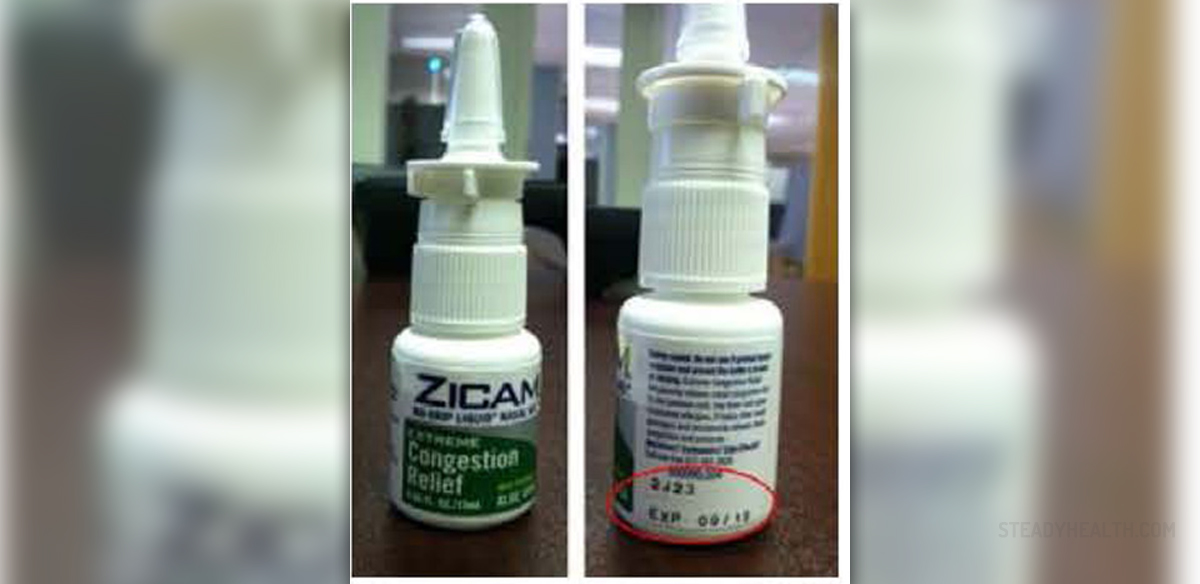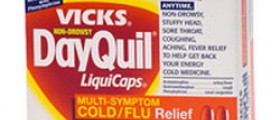
Congestion Facts
Common cold, viral infections, allergic reactions, respiratory infections or sinusitis can affect our nasal passages and cause congestion. These conditions might cause inflammation of the blood vessels, swelling of the nasal lining and then congestion and blocked nose. To help us dealing with this mostly just unpleasant symptom there are medications known as nasal decongestants. However, congestion might also be the life threatening condition.
Children are more prone to congestion than adults, but people with immune system impairments might also develop congestion frequently. The most common symptoms are: runny nose, nasal mucus, increased pressure and pain. Less likely, you might develop an eustachian tube block, which could be felt as the blockage in the ear or as the accumulation of liquids behind the eardrum. As you already know, whenever you can’t breathe through your nose because of the congestion, you start breathing on the mouth.
Medications
These days, there are so many choices to choose from, when it comes to the treatment of nasal congestion. There are drugs containing anti-histamines, decongestants, cough relieve, expectorans and many more. Using nasal decongestants will improve your current symptoms, ease your breathing and also prevent the future problems with congestion. You should just choose one of the decongestants and start using it.
The advice how to find the nasal decongestant suitable for you is easy – use the one that makes you breathe easier through the nose and that stops your runny nose. If there is a pain or pressure in the head, forehead or sinuses, nasal decongestant should address that as well and relieve these symptoms.
Nasal decongestants can be found in the form of the spray, nasal drops or as tablets.
There are different nasal decongestants available such as: Dristan, Neo-Synephrine, Sudafed or Afrin. They are said to ease the congestion problems caused by the respiratory problems, common cold or allergies. All these products should work almost immediately, decreasing the flow of blood to the lining of the nose and leading to breathing without difficulties.
Actually all decongestant sprays should work in a matter of minutes and their effect usually lasts for several hours. Doctors recommend using the sprays twice or three times a day, for 3 to 5 days at most. If you continue using the spray after that time, you could develop congestion once again.
Decongestants Side Effects
Adverse effects of these drugs are rare and mild. Patients might experience drowsiness, lightheadedness, or increased blood pressure after using nasal decongestants.
People with diagnosed heart conditions or pregnant women should always consult their doctor before starting to take these medications.

















Your thoughts on this
Loading...